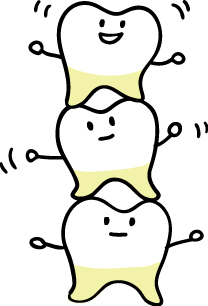Ha ga Uku (歯が浮く – One’s Teeth are on Edge)
Ha ga Uku
歯が浮く
Have you ever felt uncomfortable because of being told an artificial compliment or genteel words?
見え透いたお世辞や気取った言葉を言われ、かえって不快な気持ちになったことはありますか?
Becoming such a feeling is called “ha ga uku” (歯が浮く) in Japanese.
そのような気持ちになることを、「歯が浮く」と言います。
Since ha (歯) means ‘tooth’ and uku (浮く) means ‘to float,’ the literal meaning of “ha ga uku” is “one’s teeth float.”
「歯」は “tooth,” 「浮く」は “to float” を意味するので、「歯が浮く」の文字通りの意味は “one’s teeth float” です。
If your tooth root loosens, you will feel as if your teeth would be floating and feel uncomfortable.
歯の根元がゆるむと、歯が浮いたように思えて、不快に感じます。
“Ha ga uku” came from this fact.
「歯が浮く」は、この事実に由来します。
Interestingly, the English expression “one’s teeth are on edge” has the similar meaning of this term.
興味深いことに、英語でもこの不快感を表現する時、”one’s teeth are on edge” のように「歯」を使うようです。
【Example sentence】
【例文】
Kare wa itsumo ha ga uku youna oseji wo zyosei ni iu (彼はいつも歯が浮くようなお世辞を女性に言う – He always say shameless compliment to women.)
彼はいつも歯が浮くようなお世辞を女性に言う。




